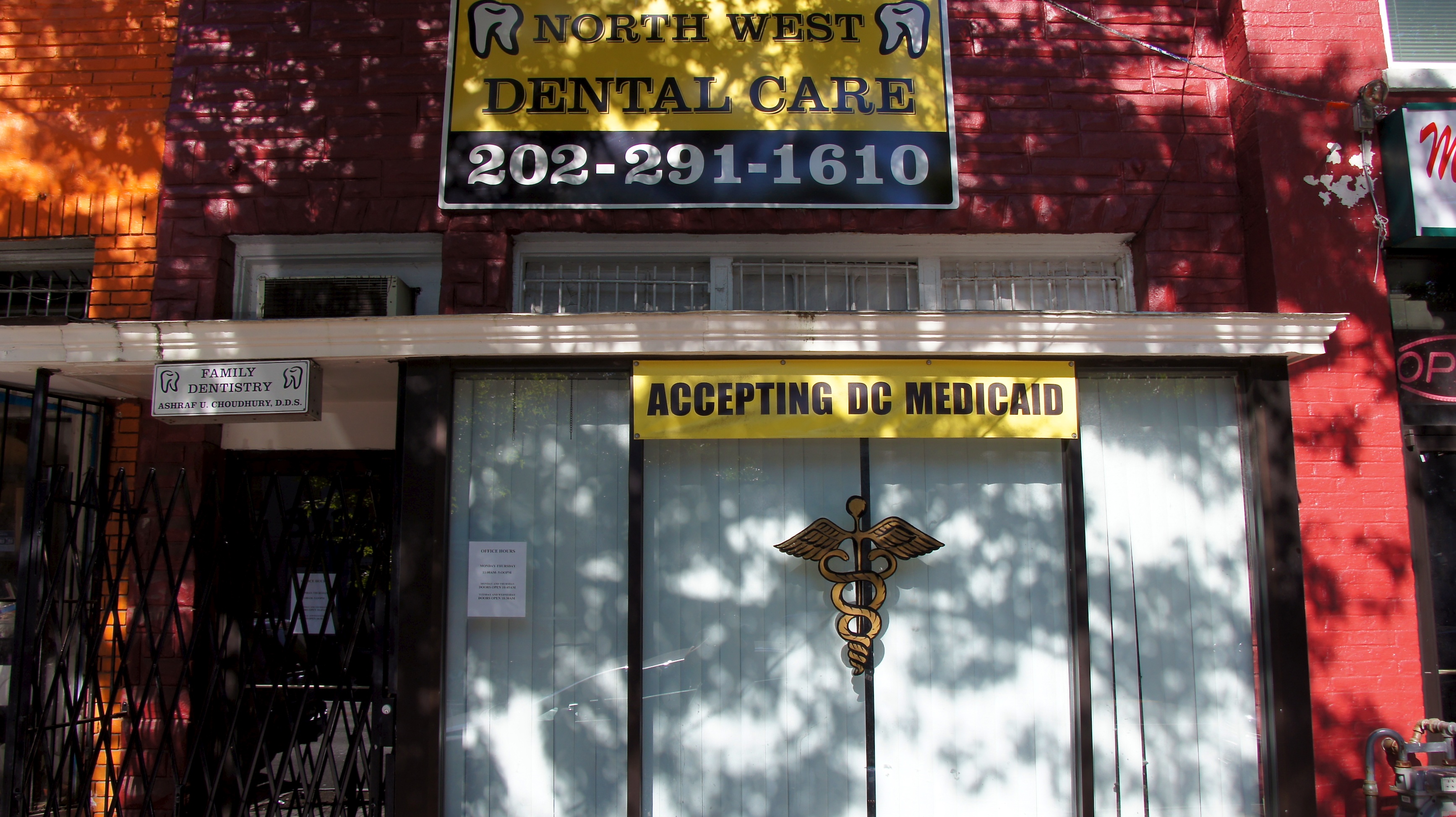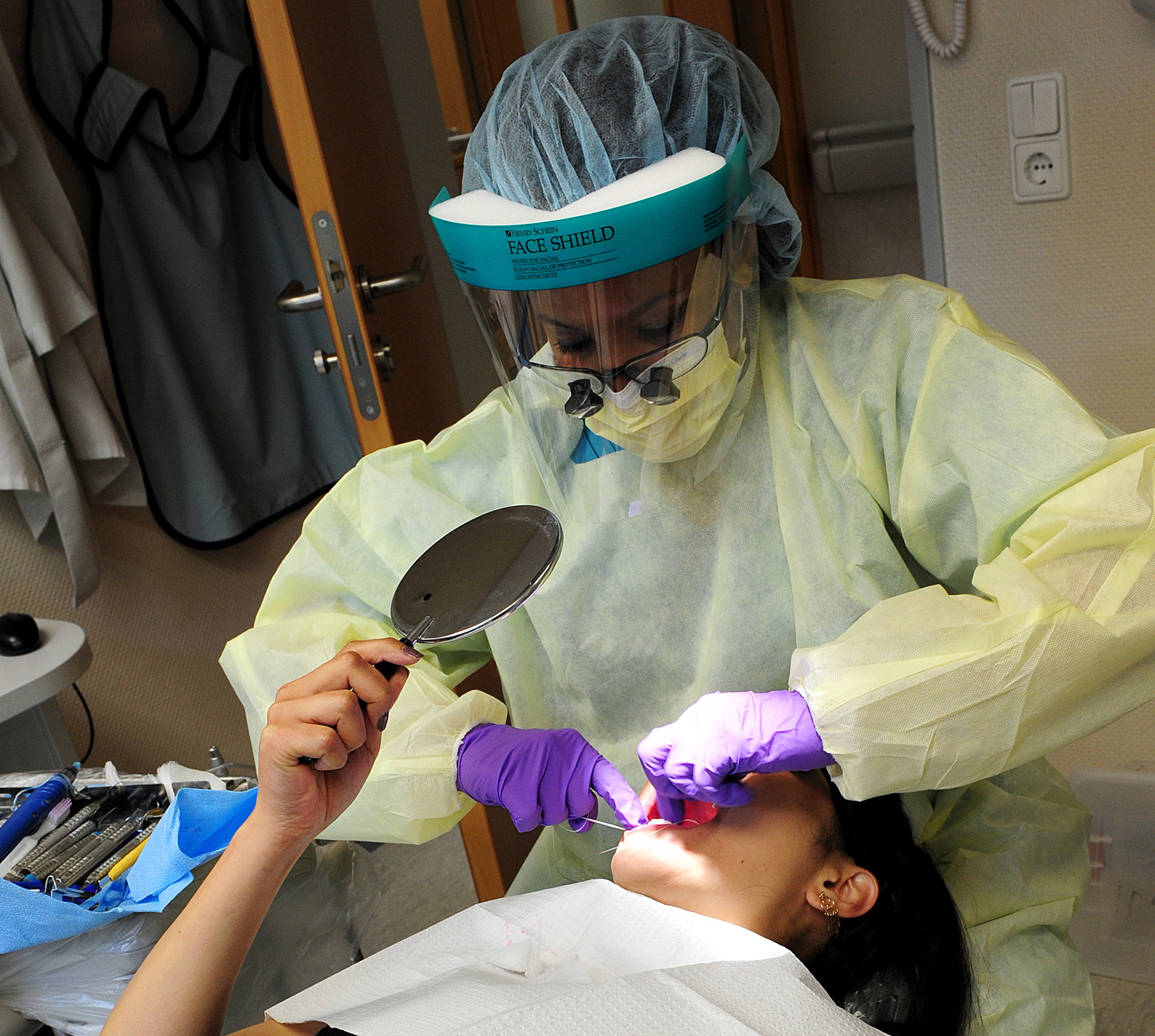It’s not surprising that many people cannot afford to see a dentist without insurance. This is especially true for patients on Medicaid, and it means having to find a dentist who accepts Medicaid. According to the American Dental Association, 38.5% of kids get dental coverage through Medicaid or CHIP (Children’s Health Insurance Program) and 10.3%...
Category: <span>General Dentistry</span>
How Does a Dentist Fix a Chipped Tooth?
Tooth enamel is the hardest substance in the human body. But it’s not indestructible. Under enough pressure or force, teeth can chip. Luckily, there are several ways that a dentist can fix a chipped tooth and restore a smile. Things that Chip Teeth Biting down on an ice cube or hard candy might seem harmless,...
Does Invisalign Work for Closing Gaps?
Gaps between teeth are one of the top complaints that patients have when asked about how they feel about their smile. And while Invisalign is well known as an alternative to braces for straightening teeth, it is also a good option for mild to moderate crowding and crookedness. So, when patients ask our dentists “Does...
Feeling Safe at the Dentist During a Pandemic
“Are dentists open now?” “Is it safe to go to the dentist?” “Can I catch COVID if I go to the dentist?” A lot of people are asking these questions nowadays. Thinking about having dental work done can cause anxiety all by itself. COVID-19 should not be another worry on top of that. Here at...
Widening a Smile With Invisalign. Does It Work?
Straightening teeth with Invisalign can give people the confidence to smile wide. But can Invisalign literally widen a smile—meaning, can it move teeth enough that more are visible when a patient smiles? The success of Invisalign at widening a smile depends on the alignment problem of the teeth. When teeth are crowded together, they may...
Can a General Dentist Do Invisalign?
It’s rare to find a dentist who will provide patients with traditional braces for their crooked teeth. Metal, ceramic, and lingual braces are typically only fitted by orthodontists. But there are other options out there to straighten teeth. Invisalign is one of the most popular and successful. Patients often ask “Do I need to find...
How to Prepare Your Child for That First Dental Visit
Updated 6/22/2020 Children can have a range of reactions to a dentist, from fearful anxiety to curiosity. Preparing a child for that first dental visit can help cut down on the fear and anxiety to create a better experience for everyone involved. Some parents may be tempted to put off checkups because of their child’s...
Does My Kid Need a Pediatric Dentist?
If your child is ready for their first visit to the dentist, or if they have a dental emergency, you may be wondering about the best type of professional to treat him or her. Is it necessary to take your kid to a pediatric dentist, or can you bring them to your current dentist? Some...
A Piece of Tooth Fell Off! Is That an Emergency?
Having a piece of a tooth break off and fall out is certainly startling. And if there is pain or blood involved, it is definitely considered a dental emergency. Even if it doesn’t hurt or bleed, a cracked tooth or chipped tooth should be seen by a dentist. The amount of urgency, however, depends on...
Don’t Ignore Pain and Sensitivity in the Mouth—You Could Have a Dental Abscess
It’s hard to ignore a toothache, and even if you can, it’s not always a good idea. Sensitivity or pain in the mouth is usually a sign that there is a problem. It might go away, but if it doesn’t, it could be a dental abscess. A dental abscess is a bacterial infection at the...











